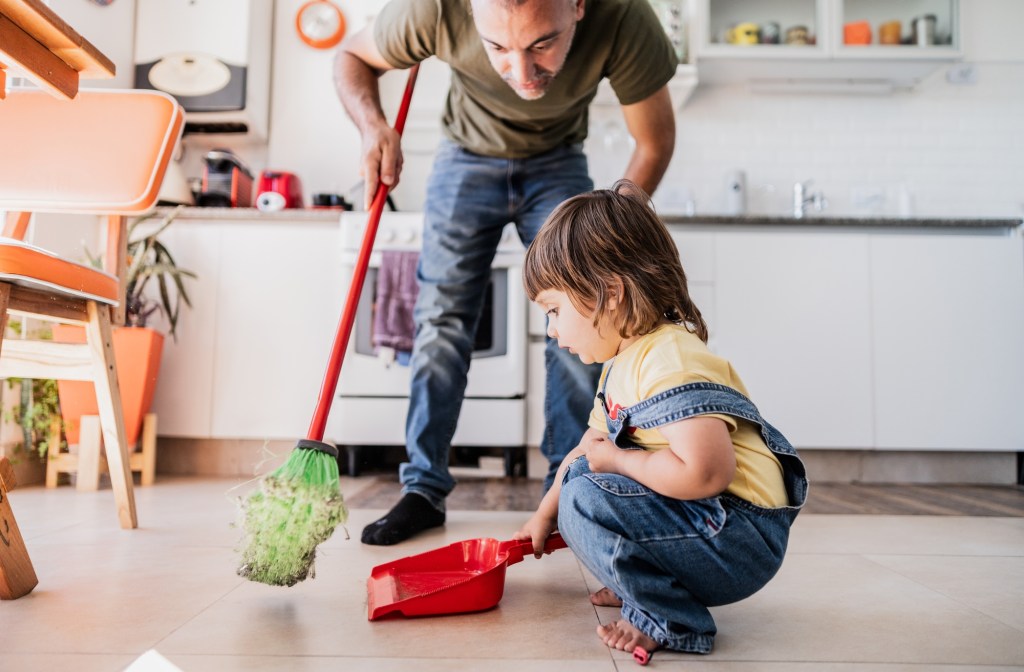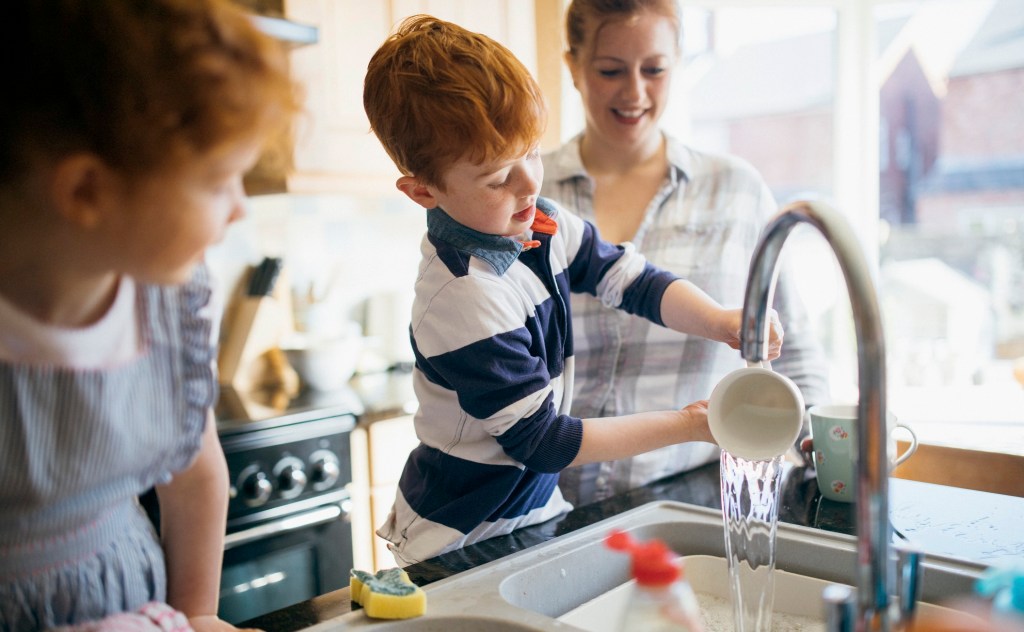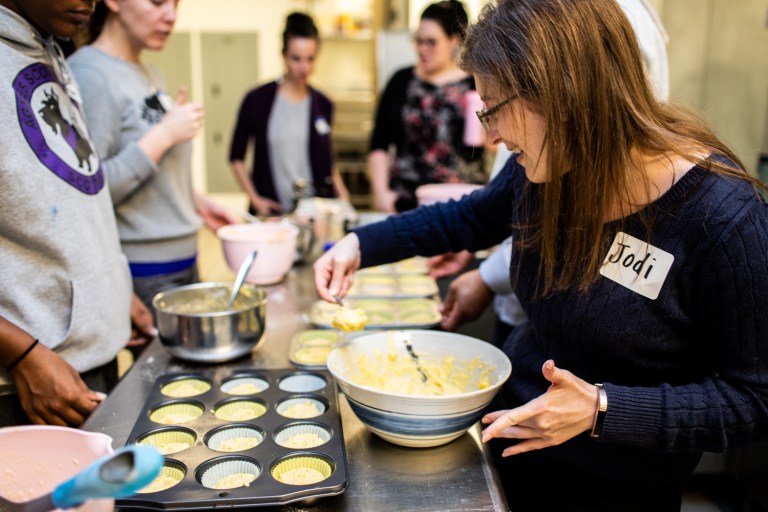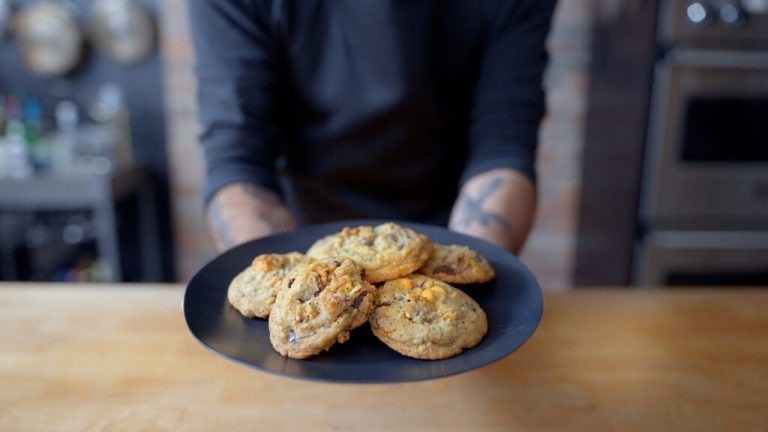Every generation, new philosophies emerge to help parents raise happy, well-adjusted children, from authoritative parenting in the 1960s to attachment parenting in the ’90s and the more recent gentle parenting, practiced by scores of millennial moms and dads.
But according to a significant body of research, there’s one aspect of child-rearing that truly sets kids up for success in adulthood: assigning them chores. That’s right — to reach the top of the ladder later in life, youngsters should start by scrubbing the dishes and taking out the trash.
The long-running Harvard Grant Study was launched in 1938 and is now on its second generation of participants. One of the groundbreaking research’s many takeaways is that professional success as an adult was associated with having done chores as a child — and the earlier those chores started, the more pronounced that link was.
Julie Lythcott-Haims, a former dean at Stanford University and author of How to Raise an Adult, offered Business Insider some insight on why that is.
“By making them do chores — taking out the garbage, doing their own laundry — they realize ‘I have to do the work of life in order to be part of life,’” she told the outlet. “‘It’s not just about me and what I need in this moment, but that I’m part of an ecosystem. I’m part of a family. I’m part of a workplace.’”
And there may be shorter-term benefits as well (other than a clean house). A 2019 study analyzed data from nearly 10,000 kids who entered kindergarten in 2011 and participated in one of the National Center for Education Statistics’ Early Childhood Longitudinal Studies. That first year, parents reported on how often their children performed chores. Then, in third grade, the kids themselves responded to questionnaires and took academic assessments.
RELATED: To Help Kids Sleep Better, Limit Screens at Bedtime (Parents Included)
“The frequency of chores in kindergarten was positively associated with a child’s perception of social, academic, and life satisfaction competencies in the third grade, independent of sex, family income, and parent education,” the authors wrote. Additionally, they noted that performing any chores at all in kindergarten was associated with improved math scores three years later.

Another study, from the University of Minnesota, analyzed data from 84 young adults who were tracked over a 20-year period. It found that the best predictor of success in a person’s mid-20s was having participated in household tasks at the age of 3 or 4. In fact, if the kids hadn’t started taking on chores until the age of 15 or 16, the association was reversed. “The participation backfired and those subjects were less ‘successful,’” a UM news release notes.
If you’re wondering what tikes that young can actually do to help out, the answer is plenty. What’s most important is simply getting them involved, ensuring they feel like an essential part of that aforementioned ecosystem.
“When kids are really young, they want to help you rake leaves or prepare dinner,” Richard Bromfield, a psychologist at Harvard Medical School, explained to The Boston Globe. “Take those opportunities to let kids help. Those moments are infused with love and connection.”
See sample chore lists by age group, from toddlers to teens.











